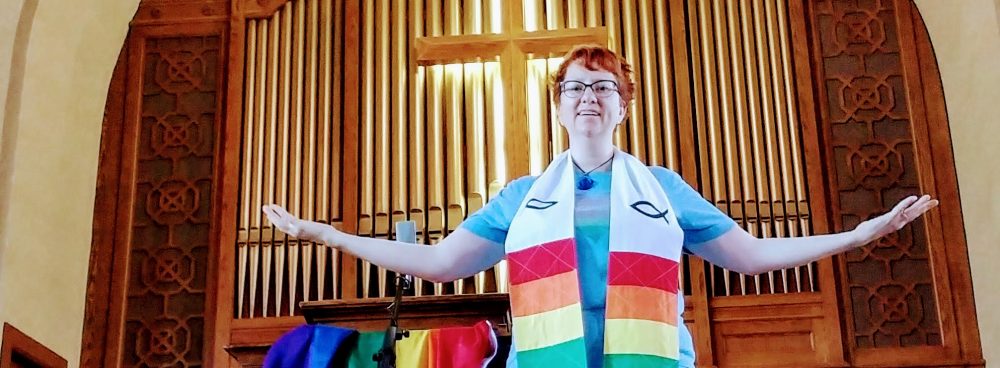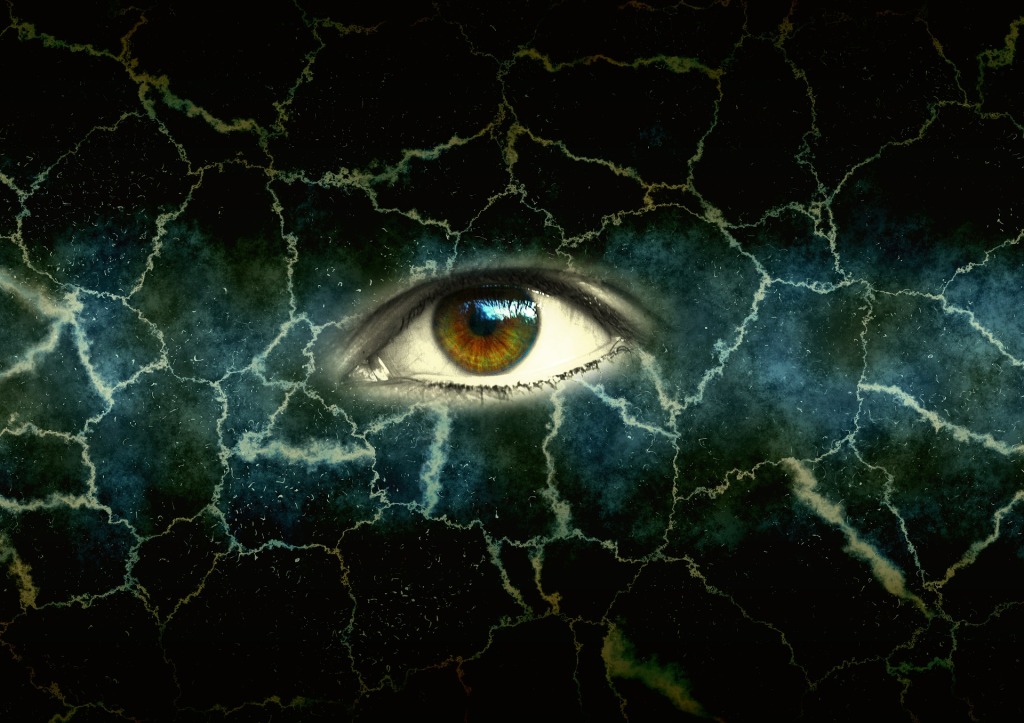The story of Rizpah found in 2 Samuel is an obscure one. I had never heard of Rizpah before I did my theological training. Rizpah is the widow of King Saul, who came before David. According to the story, Saul “put the Gibeonites to death.” Essentially, Saul authorized a genocide.
Several years later, there is a famine in the land, and David is told that the way to end the famine is to avenge the Gibeonites. David has Saul’s sons and grandsons killed and leaves the bodies to rot. It is a gruesome story of murder and revenge.
Rizpah hears what happened and as a grief-stricken mother goes to the place where her sons died. There was nothing she could have done differently to keep them alive. Rizpah stays there for six months and spends her days keeping away the birds and her nights keeping away the scavengers. She couldn’t protect her sons from violence while they were alive, but she can protect their bodies. She could bear witness to the violence. Eventually, David hears about her vigil and gives the bodies a proper burial. Rizpah’s witness creates a break in the cycle of violence.
When I first heard this story, it got me thinking about the women who stood at the foot of the cross and watched Jesus die. They couldn’t do anything to stop the chain of events. They couldn’t save Jesus from his death but they could witness his suffering. They weren’t there just as curious bystanders. They were there because no one should have to suffer alone or have their suffering go unnoticed. Interestingly, the women who witness the crucifixion were the first to witness the resurrection. Noticing, witnessing, and being present with the suffering meant that they were more able to embrace hope and the possibilities of new life.
There is always suffering and violence in the world. The connections I saw between Rizpah’s witness and the women at the foot of the cross, made me wonder about the power of witnessing violence and suffering. The witness, the being present is an act of faith. It means that the suffering does not go unnoticed. It means that the violence cannot be a secret.
We might feel overwhelmed by the suffering we see in the news or hear about from friends and family and our inclination might be that we don’t want to know. It sometimes feels easier to turn away or pretend that the suffering is not ours and doesn’t impact us. And yet the biblical narrative reminds us that suffering and violence are never in isolation. God witnesses the suffering, and we are called to witness the suffering around us.
This is not about being curious bystanders or wishing we could change the past. Being a witness is about being faithful to the current reality. We are changed by what we choose to witness and that change in us creates change in the world around us. Allowing ourselves to witness the suffering means that the future is changed. If Rizpah hadn’t stood over her sons’ bodies they would have laid there and been scavenged and the cycle of violence would have continued. If there had not been witnesses to Jesus’ death, there couldn’t have been resurrection. The story would have ended with death. The simple act of witnessing changes the future.
What is the suffering we need to witness? With Remembrance Day just past, we are reminded that we need to witness the horrors of war—past and present. We need to be present to and witness the legacy of colonialism, residential schools, unmarked graves, missing and murdered Indigenous women and girls. We need to acknowledge and witness the ongoing racism that happens every day in our communities. We need to witness the cries of the earth impacted by climate change and human destruction.
When we bear witness to suffering and violence, we are faithful to the biblical story. We stand in a long tradition of ordinary people who refuse to look away, who are committed to witnessing the suffering in the world, and who are willing to be changed by that experience. When we witness the suffering, we create space for hope and space for new life.

